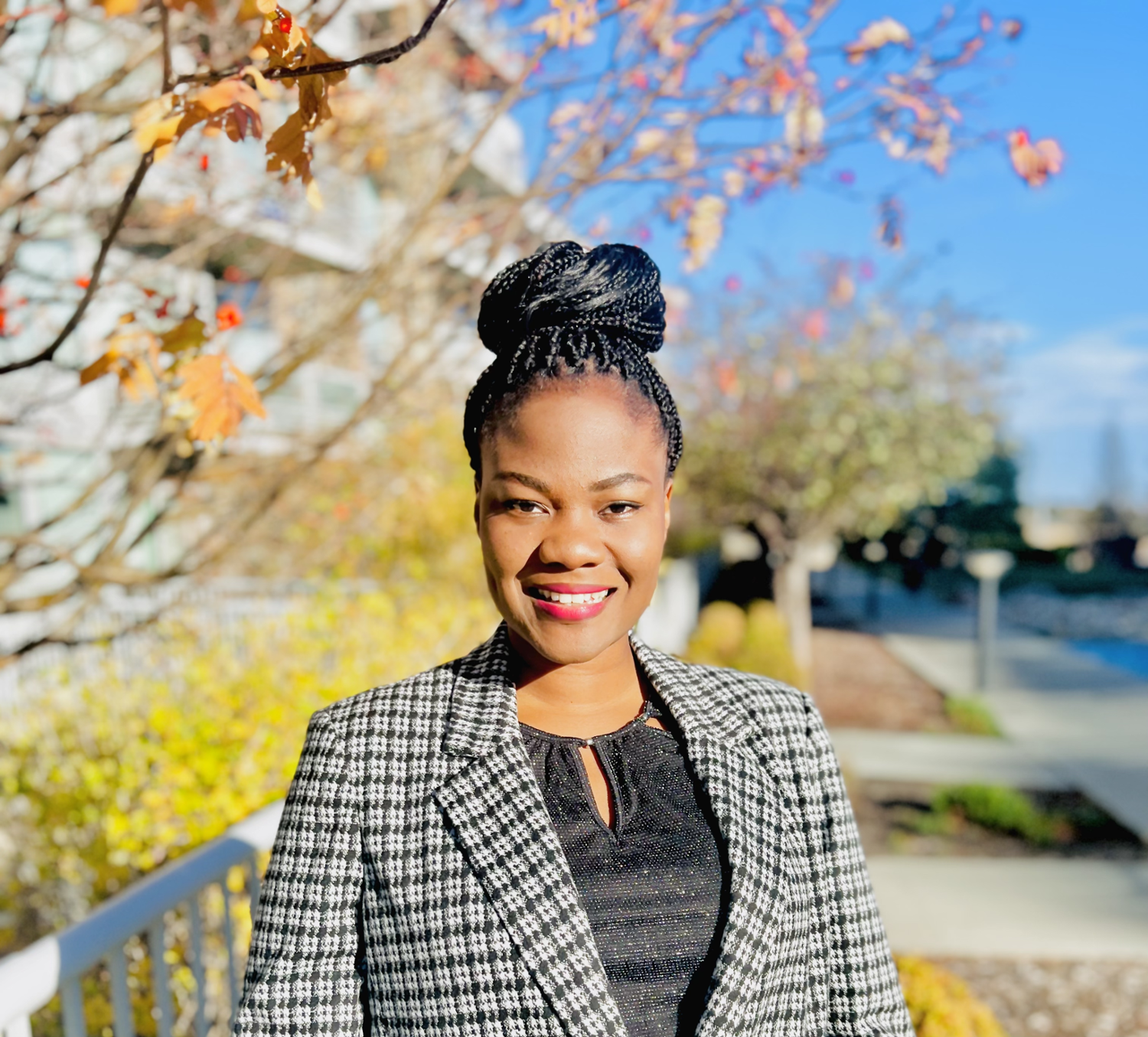Meet the Researcher: Kemi Amodu
2 November 2022

Kemi Amodu
As a nurse with international experience, Oluwakemi (Kemi) Amodu has witnessed first hand the inequality women face when accessing health care.
“My interest has always been vulnerable women's health, particularly those whose cultural beliefs and social circumstances prevent them from seeking proper maternal care.”
As a past postdoctoral fellow at the School of Public Health Sciences (SPHS), University of Waterloo, new assistant professor in the Faculty of Nursing and member of the Black Academic Scholars of Excellence program, Amodu is in an ideal position to bring attention to overlooked groups of women in need of health care.
As the faculty welcomes Amodu this month, learn how patient experience influenced her research direction, the potential she sees in policy development and where she does her best thinking.
How’d you get into your area of research?
My interest in women's health developed after practising nursing internationally and realizing that inequities in Nigeria limit women's access to health care. I once experienced an antenatal clinic patient walking into the clinic where I worked a few days after her doctor told her that her fetus was dead in-utero and labour would need to be induced. Her husband would not support removing the baby from her body, she said. A few days later, she developed life-threatening sepsis from carrying the dead fetus inside her. This experience (and many others like it) got me thinking about how women's social location negatively impacts their health.
What’s the most rewarding aspect of your work?
My research focuses on health, well-being and health-service disparities among women displaced by conflict and natural disaster. More recently, I have been conducting research on sexually transmitted infections (STIs) among self-settled internally displaced women affected by conflict; those who have chosen to make their home in a location not sanctioned by government as a refugee camp. The fact that I get to interact with hardest-to-reach groups — the people that get overlooked most of the time even in global policy development — is the best part of this work. I engage with government stakeholders at different levels who can potentially address the situation of poor maternal health access.
What’s the most challenging aspect of your work?
It is challenging to get policy stakeholders to think about conflict and its offshoots in terms of reproductive and maternal health. Refugees and displaced people are usually associated with food aid, hunger and poverty. People fail to notice that these people face complex health and social problems.
Where do you want your research to be in five years?
I would like to explore more deeply the experiences of women experiencing conflict and disaster-motivated migration in relation to access to care. I look forward to engaging in participatory work that is focused on women’s empowerment and interventions to build capacity in terms of education and awareness to improve access to maternal health.
What is something your coworkers do not know about you?
I am quite athletic; I have a great deal of energy and enjoy outdoor sports activities very much.
Where is your favourite place on campus?
The Tim Hortons dining area by the Katz Building — this is a very suitable thinking space for me and it’s not far from my office in the Edmonton Clinic Health Academy.
The University of Alberta is the top institution in Canada for nursing and ranked ninth worldwide according to the latest QS World University Rankings by Subject. Our world-leading Faculty lead cutting-edge work that's changing the face of global health. Learn more: https://www.ualberta.ca/nursing/careers/joining-us.html.